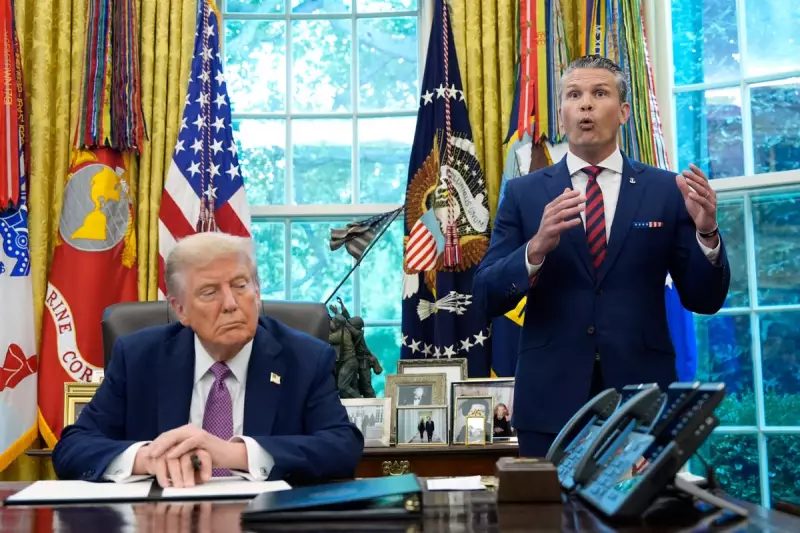
The Trump administration has initiated a highly contentious new phase of its immigration policy, sending Honduran children who arrived at the US border back to Guatemala to seek asylum there instead.
This move, part of a so-called 'safe third country' agreement, marks a dramatic escalation in efforts to deter migration and has sparked immediate condemnation from human rights organisations. Critics argue the policy knowingly places vulnerable minors in danger, returning them to a country struggling with poverty and violence itself.
A Controversial Transfer of Responsibility
Under the new protocol, the United States is now directing certain Honduran asylum seekers, including unaccompanied minors and families with children, to apply for protection in Guatemala rather than the US. The first known transfer of a Honduran child under this system occurred recently, though specific details about the minor remain confidential.
This policy expansion follows a similar agreement the US already has with Guatemala for Salvadoran asylum seekers. The administration's goal is clear: to effectively outsource US asylum responsibilities to Central American nations.
Human Rights Groups Sound the Alarm
Leading charities and advocacy groups have reacted with fury and profound concern. They point to Guatemala's well-documented challenges, including high levels of violence, widespread poverty, and a severely under-resourced asylum system that is ill-equipped to protect its own citizens, let alone a influx of vulnerable foreigners.
'This is a blatant attempt to shut down access to asylum entirely,' stated a representative from Human Rights Watch. 'Sending a child from Honduras to Guatemala is like sending a drowning person to another sinking ship. It abdicates American legal and moral obligations and puts lives at grave risk.'
The Administration's Defence
The White House and Department of Homeland Security officials defend the action as a necessary measure to combat what they call 'frivolous' asylum claims and to relieve the immense pressure on the US immigration system. They maintain that the agreement is a key part of establishing a regional approach to migration.
'Our partnerships with nations like Guatemala are crucial to restoring integrity to our immigration system and providing humanitarian protection to those who truly need it,' a DHS spokesperson said.
This hardline approach remains a cornerstone of President Trump's immigration agenda, continuing to fuel intense national and international debate over America's role as a refuge for those fleeing persecution.





